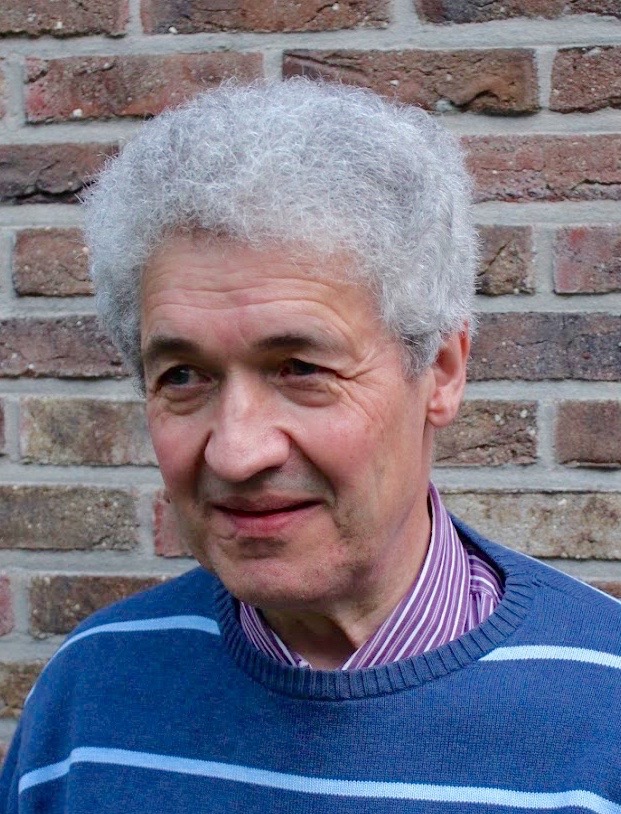Self-management, a key facet of autonomic computing, has been proposed as an effective approach to tackle the complexity associated with the design and management of modern-day software systems. Two prominent communities that have been studying techniques for engineering the software for these kinds of systems are the community of self-adaptive systems and the community of self-organizing systems. Researchers on self-adaptive systems mostly take an architecture-centric focus on developing top-down solutions, whereas researchers of self-organizing systems mostly take an algorithmic/organizational focus on developing bottom-up solutions. Whereas both lines of research have been successful at alleviating some of the associated challenges of constructing selfmanaging systems, persistent challenges remain, in particular for building complex distributed selfmanaging systems. The general goal of Self-Organizing Architectures -- SOAR -- is to provide a middle ground that combines the architectural perspective of self-adaptive systems with the algorithmic perspective of self-organizing systems.
The second edition of SOAR attracted 12 submissions. The program committee accepted 7 papers, including 3 invited papers by Naftaly Minsky, Jorge J. Gómez Sanz, and Jim Dowling. The program covers a variety of topics, including engineering approaches for self-organizing architectures, coordination mechanisms, and nature-inspired approaches. In addition, the program includes a keynote speech by Jeffrey Kephart on Engineering Decentralized Autonomic Computing Systems. We hope that these proceedings will serve as a valuable reference for researchers and engineers with an interest in self-organizing architectures.
Proceeding Downloads
Engineering decentralized autonomic computing systems
A central challenge of autonomic computing is to enable large-scale computing systems--and the self-managing elements of which they are composed--to manage themselves in accordance with high-level objectives specified by people [2]. From the earliest ...
The regularity principle of self-management
The principle of regularity proposed here for self management of systems, states that for a large system to be manageable it must possess suitable regularities. In other words, this principle identifies the ability to establish regularities in a system, ...
Self-management capability requirements with SelfMML & INGENIAS to attain self-organising behaviours
Self-organisation can be studied from the perspective of self-management. A system assumed to have self-management capabilities can behave in the same way a self-organising system. Self-management aspects that leads to self-organising behaviours in this ...
Making control loops explicit when architecting self-adaptive systems
Many self-adaptive systems include control loops between the core system and specific control elements which realize the self-adaptation capabilities. This is also true albeit at a higher level of abstraction for decentralized architectures. However, ...
P2P VoD using the self-organizing gradient overlay network
Peer-to-peer (P2P) video-on-demand (VoD) requires that nodes collaborate in the downloading of video files as a number of file pieces. In general for VoD, a node is only interested in another node's video file pieces if its download position in the ...
Adapting environment-mediated self-organizing emergent systems by exception rules
Due to the absence of global knowledge, elements in a self-organizing emergent system tend to make suboptimal local decisions that result in globally inefficient solutions. However, improving the solutions of such systems, which work in a bottom-up ...
Using chemical reactions to model service composition
Internet is evolving from a network of computers and information into a network of services allowing applications to be built by selecting services and composing them in a loosely coupled manner. These Service Based Applications (SBA) are composed of a ...
Organic computing in off-highway machines
Machine management systems in off-highway machines such as tractors or wheel loaders are designed for efficient operation and reduced fuel consumption in some predefined scenarios for which the machine has been developed. In this paper, we outline how ...
Recommendations
Acceptance Rates
| Year | Submitted | Accepted | Rate |
|---|---|---|---|
| SOAR '10 | 12 | 7 | 58% |
| Overall | 12 | 7 | 58% |




